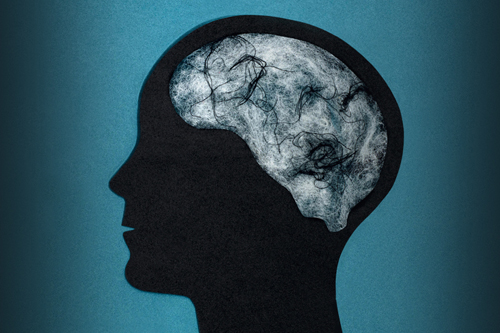

Blood samples were collected from these patents during admission to the hospital, and both clinician-acquired measurements and patient-reported measurements of cognition were obtained 6 and 12 months later. Maxime Taquet and colleagues examined data collected from 1,837 patients hospitalized for COVID-19 in the UK between 29 January 2020 and 20 November 2021. However, how these post-COVID-19 cognitive deficits develop remains unknown. Their diagnosis includes both objective (clinician-based) components and subjective (patient-reported) components. Post-COVID-19 cognitive deficits, including ‘brain fog’, can be debilitating and affect day-to-day life. These findings, based on data from over 1,800 patients who were admitted to the hospital with COVID-19, were validated in an independent dataset, and provide biological insights into factors that may drive long-term cognitive dysfunction due to COVID-19. Two blood biomarkers could be predictive of cognitive deficits 6 and 12 months after diagnosis of COVID-19, reports a study published in Nature Medicine. The results are promising, but further research is required to develop this into a test for COVID-19-related cognitive problems, the researchers say.ĬOVID-19: Blood biomarkers may predict cognitive deficits following COVID-19 The scientists tested their findings in another group of nearly 18,000 US patients, saying they were largely the same. The second, d-dimer, was linked only with subjective problems, including ‘brain fog’, and also with fatigue and shortness of breath.

The first was fibrinogen, which was linked with both objectively and subjectively measured cognitive problems. Using statistics, the researchers were able to link two biomarkers to cognitive problems, both involved in blood clotting. The team looked at blood samples from more than 1800 British people hospitalised with COVID-19 between early 2020 and late 2021 who had self-reported any cognitive issues (subjective tests) and undergone cognition tests with clinicians (objective tests) six and 12 months after hospitalisation. Testing for two substances in blood - called blood biomarkers - may allow doctors to predict which COVID-19 patients will go on to develop cognitive problems, including 'brain fog', say UK scientists.


 0 kommentar(er)
0 kommentar(er)
